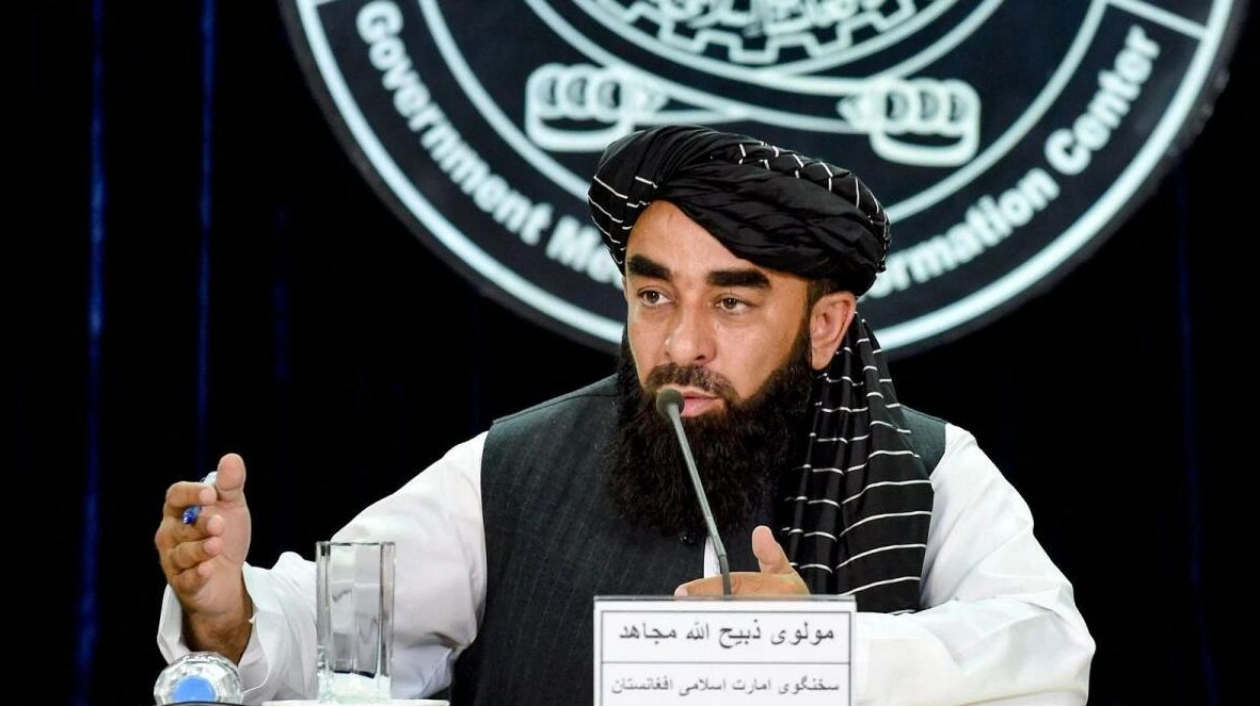Taliban authorities announced on Monday that they would engage the international community regarding economic sanctions during a UN-hosted summit in Doha, marking their first participation alongside special representatives to Afghanistan. The two-day event, which commenced on Sunday, is the third of its kind held in Qatar within the past year, and the first to feature the Taliban authorities who took control of Afghanistan in 2021.
In a post on X, formerly Twitter, senior foreign ministry official Zakir Jalaly stated that the Taliban government delegation aimed to tackle "financial and banking sanctions" and the "challenges" they present to Afghanistan's economy during Monday's sessions. This announcement followed an initial statement by the head of the Taliban delegation, spokesman Zabihullah Mujahid, who addressed over 20 envoys and UN officials on Sunday evening.
Mujahid questioned the fairness of ongoing sanctions, given Afghanistan's history of nearly half a century marred by wars and insecurity due to foreign invasions and interference. The discussions are intended to foster greater engagement with Afghanistan, a country home to over 40 million people, and to coordinate responses on economic and counter-narcotics efforts.
Since the Taliban's resurgence to power, the international community has grappled with how to approach the new Afghan rulers. The Taliban government in Kabul has yet to receive official recognition from any other government. It has enforced a strict interpretation of Islam, including laws that the UN describes as "gender apartheid" for women.
The participation of a Taliban delegation while excluding civil society and women's rights groups has drawn criticism, with some organizations accusing the UN and attendees of legitimizing Taliban government policies. Amnesty International's chief, Agnes Callamard, warned that accommodating the Taliban's conditions to secure their involvement in the talks could risk legitimizing their system of gender-based oppression.
The Taliban authorities have consistently asserted that the rights of all citizens are protected under Islamic law. Mujahid urged diplomats to seek "ways of interaction and understanding rather than confrontation," despite policy differences. He also emphasized the Islamic Emirate of Afghanistan's willingness to engage constructively with Western nations, highlighting the importance of recognizing their religious, cultural values, and public aspirations.






